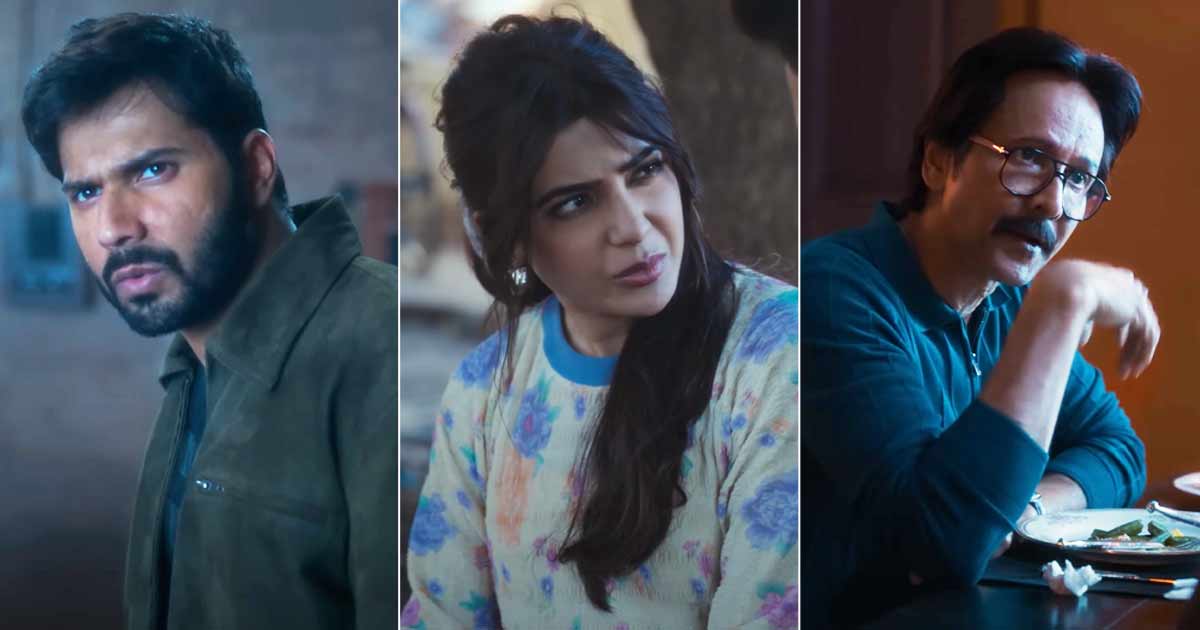The first time Shunte’ Mcclellan went camping, she was skeptical about spending a weekend in the backwoods of Georgia. Invited by her friend Cayela Wimberly White, Mcclellan showed up with an air mattress that refused to stay inflated and a tent that seemed to plot against her. But over the course of that weekend, she became a pro at pitching tents, starting fires, and even baiting a line for catching fish. The initial experience, over 10 years ago, brought the friends together and led Mcclellan to embrace the outdoors.
There’s something magical about disconnecting from the WiFi and reconnecting with yourself.
“I’m happy that Cayela convinced me to go. I was also able to connect with her more meaningfully during this trip, and since that weekend, camping has become my ultimate wellness retreat,” she says. “There’s something magical about disconnecting from the WiFi and reconnecting with yourself. The fresh air clears your mind, and the stars remind you how vast and beautiful the universe is.”
Soon after her first foray into the woods, Mcclellan, along with White and their friend Jocelyn McCants, founded Melanated Campout. The Georgia-based organization hosts weekend campouts for people of color that include activities like camping, yoga, and golf.
While camping itself is not a unique activity, Black Americans have long been excluded from enjoying public spaces like national parks and public pools. There’s a mistaken belief that Black people don’t belong outdoors, and camping, hiking, and fishing are considered “white activities.” But historically, Black Americans have had strong ties to the land and have a deep knowledge of hunting, fishing, and farming. For Black women like Mcclellan, camping is not just a hobby — it’s a way of reclaiming something that was withheld from them.
Part of reclaiming camping means throwing out stereotypes of what it should look like. Camping doesn’t always have to require expensive gear and costly RVs. “Camping can be as luxurious or as rustic as you want,” Mcclellan says. “Bring your air mattresses, cots, rugs, fans, lights, and portable showers. Or, if you like to backpack, just bring the essentials. You get to define how you want to camp.”
Noami Grevemberg, author of “Living the Vanlife,” is another Black camper on a mission to diversify camping and reclaim the outdoors. Accompanied by her German Shepherd, Amara, Grevemberg spends most of her time living full-time in a 4×4 classic Bronco, setting up in national parks and forests across America. She shares that while Black women have shied away from camping because of the lack of representation and exposure, she’s starting to see that change.
“Many Black women might have the misconception that camping is not for them or believe the stereotype that outdoor activities are predominantly for white people,” she says. “But I would say that these spaces belong to all of us. Camping can be a transformative experience, offering peace, adventure, and a deeper connection to nature. Start small, find a supportive community, and remember that the outdoors is a place everyone can enjoy and thrive in.”
Perhaps led by camping groups or seeing more Black campers online, the number of Black campers has doubled in less than a decade. According to a 2021 North American Camping Report, Black campers made up 12 percent of active camper households in 2020 compared to just 6 percent in 2012.
Seeing other Black women in the great outdoors is like finding your sisters in a place you didn’t expect.
For those intimidated by camping alone, especially for the first time, Mcclellan suggests joining a group like Melanated Campout.
“Camping is also about community,” she says. “Just a few months ago, I was at a Melanated Campout, and we had this epic glow-in-the-dark party under the stars. Imagine a hundred people dancing and laughing. I felt this overwhelming sense of joy and connection as I looked around. It was one of those moments that made me think, ‘This is why I do this.'”
For Minnesota-based camper Caitlin Utley, the sense of community also drew her to the outdoor activity. She’s been camping with her parents since she was a kid and now participates in events hosted by a local Black outdoors group.
“Seeing other Black women outside definitely makes you feel more like you belong when you see others who look like you,” she says. “Beyond that, being outdoors and camping has also helped me stay in shape and helped my mental health. For me, being in nature is so relaxing and therapeutic. You can forget your worries and just live in the moment.”
Mcclellan and her Melanated Campout co-founders want to continue encouraging Black women to embrace the outdoors. “Seeing other Black women in the great outdoors is like finding your sisters in a place you didn’t expect. It’s about representation, breaking stereotypes, and creating a community where we uplift each other,” she says. “We’re reclaiming spaces and making our mark, showing that the wilderness is just as much ours as anyone else’s. It’s empowering, it’s validating, and it’s about time.”
Mariette Williams is a freelance writer living in South Florida. Her work has appeared in many well-known publications, and she covers topics like travel, culture, books, and wellness.

:quality(85):upscale()/2024/07/02/835/n/43463692/96134f6366844efc6800d6.06104959_.jpg)





